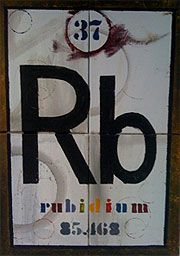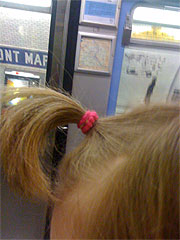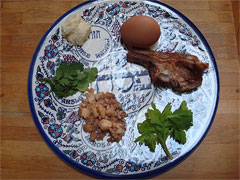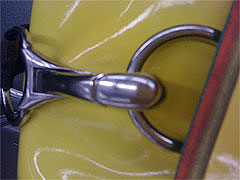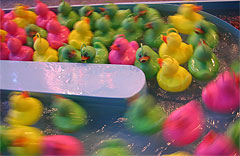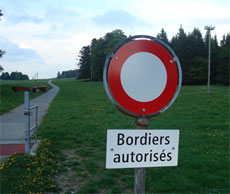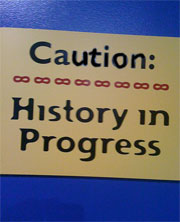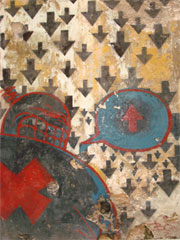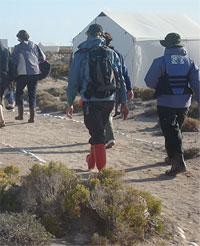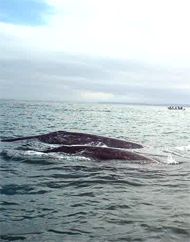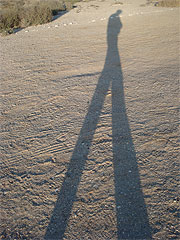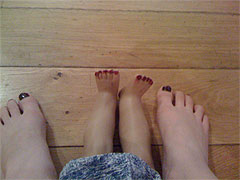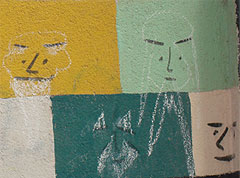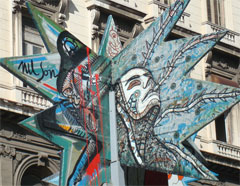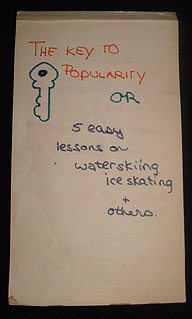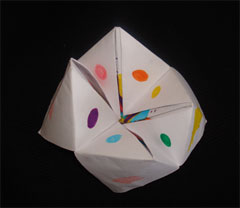The Sound of Chaos
While volcanic ash reached across Europe like a gray blanket, I was nearly oblivious to it, sequestered with colleagues and friends who meet every year to attend an annual European Creativity Conference known as CREA. Last year, I was here without De-facto and the girls, and though the week was filled with planning and preparing and running an intense core program, I still had room to connect with old friends and colleagues who, like me, return to CREA each year. I had time to breathe around the edges.
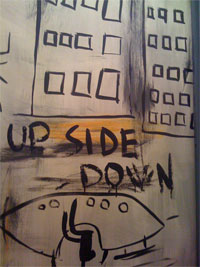
But this year, I arrived à la masse. Suitcases packed haphazardly, things I’d hoped to plan in advance were left to plan on the fly. I even forgot my rings and my watch – always present on my hands and wrist – at home by the bathroom sink. It took almost the entire 10-hour drive through France and into Italy to recover from our chaotic departure.
Not that this is so very unusual. Just watch me run around like a frenzied woman most days of my life. Pursued by a to-do list that stalks me – my own ugly shadow creeping behind my back with Sharpie in hand, adding small boxes to the bottom of the Post-it notes strewn about my life. Despite any determination to be grounded and centered and somehow effortlessly juggling it all, I am too often hurrying. I am too greedy; I want to experience all the interesting invitations life offers. I forget the limits of my stamina.
Chaos
My colleague brought a recording he’d made, one that suggested the sound of chaos. We used it in our workshop, for an exercise about sound, silence and memory. The sound was a dissonant mash-up of noise, primordial, and lacking order or pattern. Still within it I could find some sporadic harmonic quality. It was a music that asked nothing of me, but rather, for a those moments that I closed my eyes and let it fill up my chattering mind, the sound of chaos pushed all those busy thoughts out and left me with the temporary calm that I seem always to yearn for. Could chaos be useful?
Silence
How scarce is silence. Rare and almost impossible. It is no wonder I am so distracted. I can close and cover my eyes to be in darkness, but it is impossible  to be in absence of sound. A tone rings and finishes but the white noise of the background persists; the ventilation, the cars outside driving by with their aggressive engines, muffled but audible. Each building has its own hums and hems and haws. The noise of the world around us is relentless. We are never left in peace.
to be in absence of sound. A tone rings and finishes but the white noise of the background persists; the ventilation, the cars outside driving by with their aggressive engines, muffled but audible. Each building has its own hums and hems and haws. The noise of the world around us is relentless. We are never left in peace.
Except my mother, who lived for the last half of her life with a significant hearing loss. What was her silence like? Was it quieter than mine? And why didn’t I ever ask her this question?
Memory
The sound of the furnace in my childhood home, revisited this winter as I slept on the couch beside my mother. The familiar cadence as the motor kicked in and buzzed and vibrated the walls, a noisy old engine heating the tired old house that protects my memories. Another memory marked by sound: that of an iron releasing steam as it is set upright, the rhythm and moan of my mother’s ironing. All these sound-ful memories to do with my mother. Is this natural, because she’s gone? Or is much of memory to do with the maternal?
Which makes me wonder what will be the sound of the memories I leave to my daughters? Will it be the sound of my chaos?
